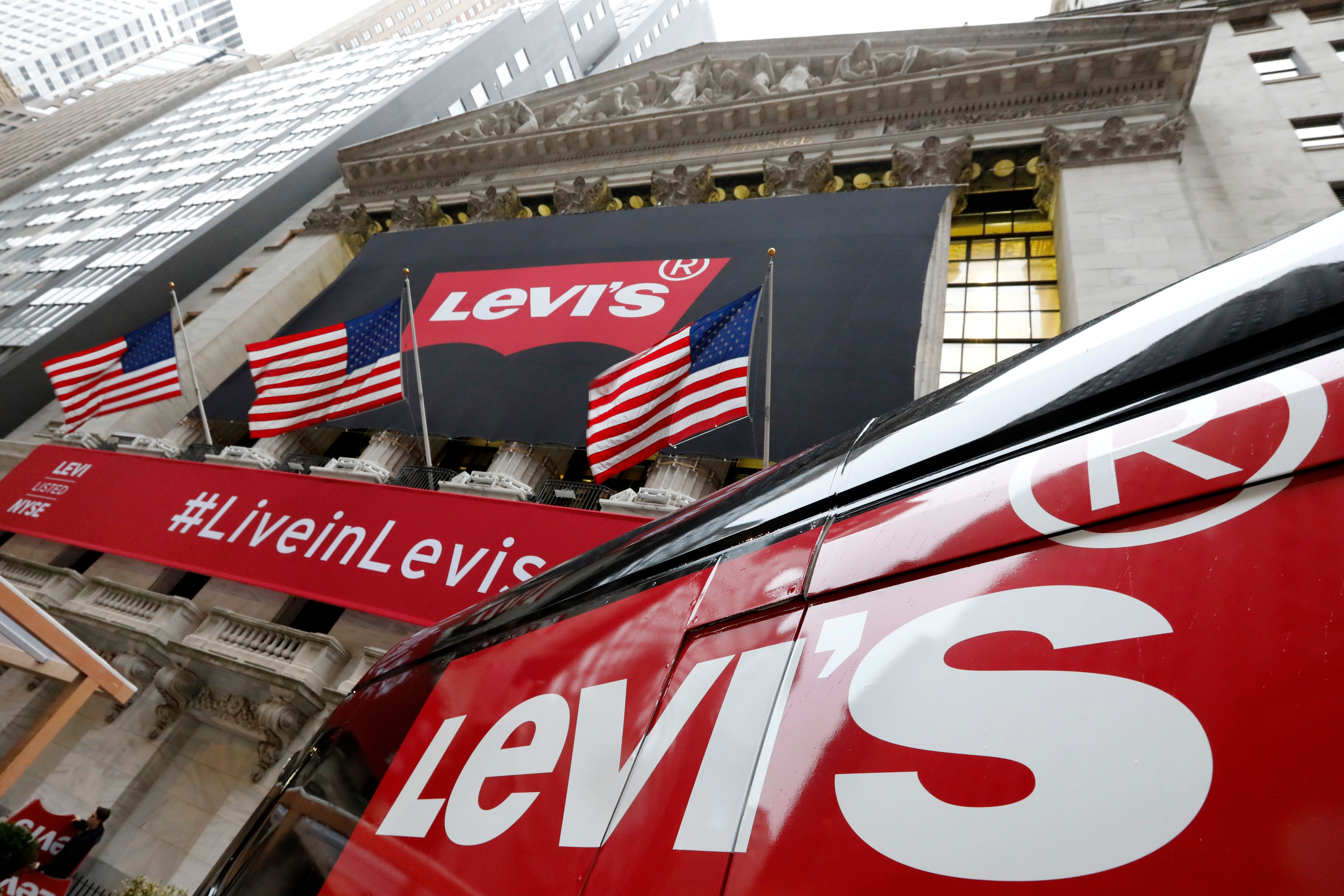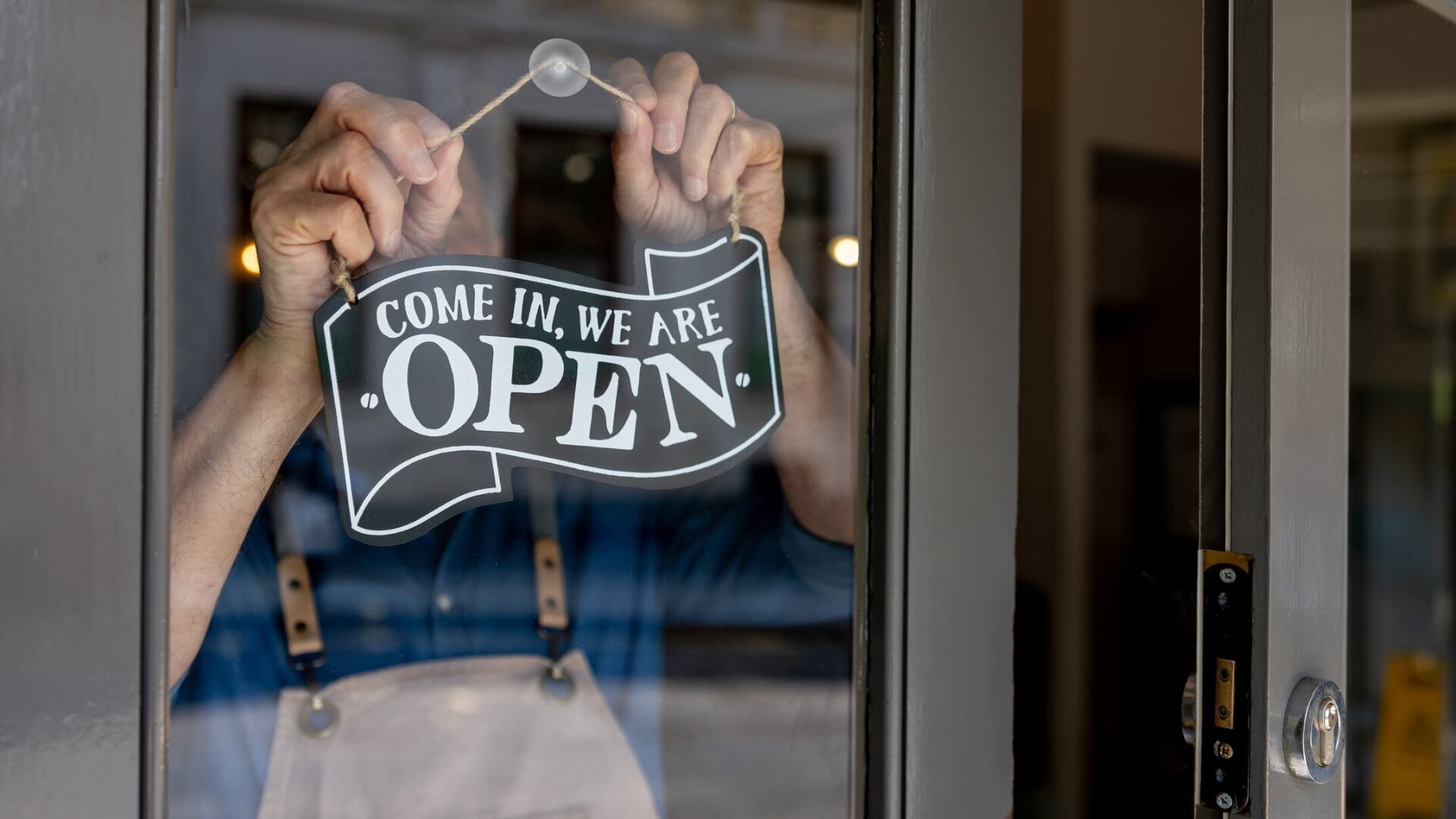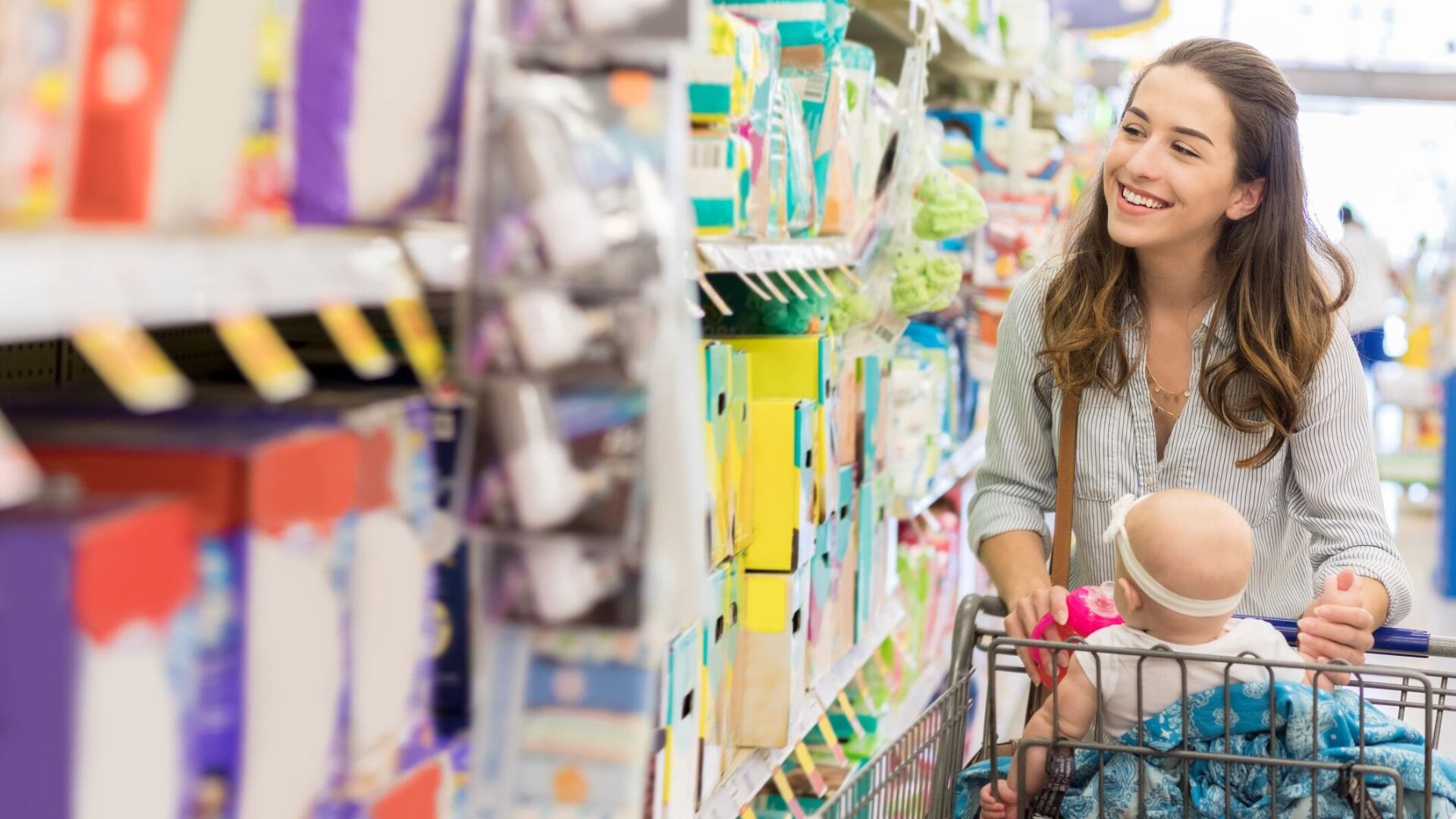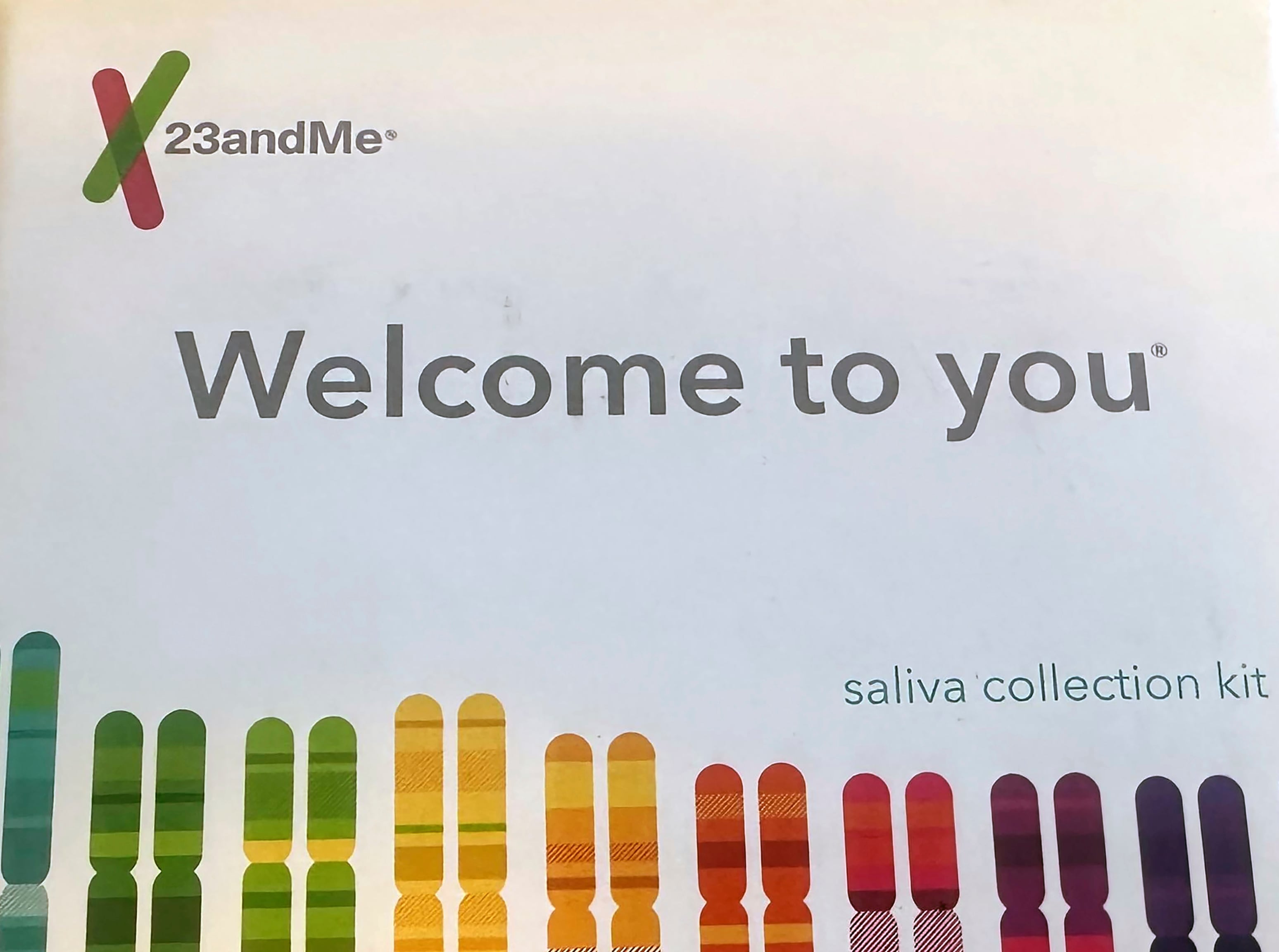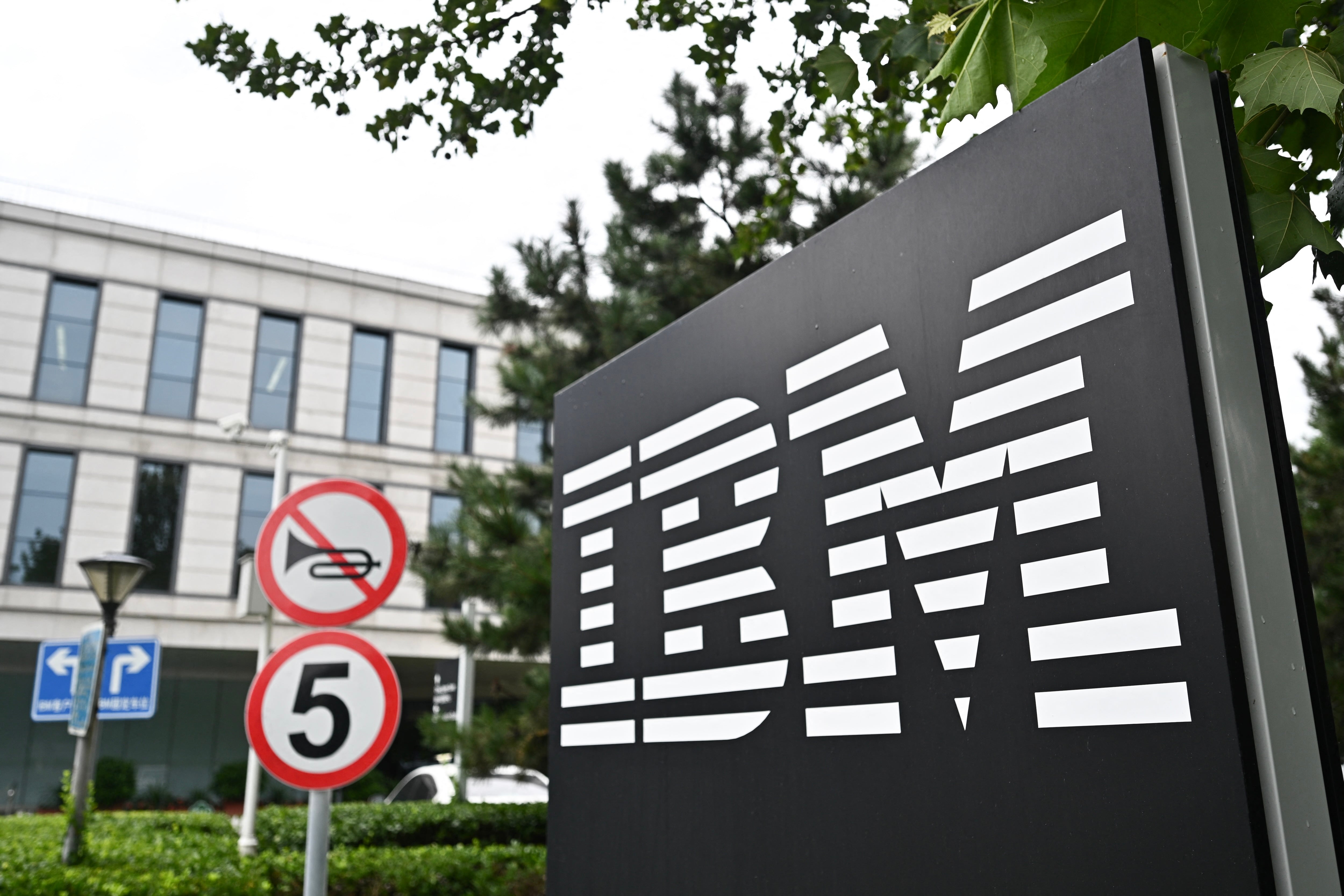Google has agreed to pay a $170 million fine ー the largest of its kind ー as part of a settlement over allegations that YouTube violated the law by collecting personal data about children in order to serve them ads.
The terms of the settlement between YouTube-parent Google ($GOOGL) and the FTC and New York state attorney general were announced on Wednesday. Google and YouTube will pay $136 million to the federal government and another $34 million to New York. The FTC says it is the largest penalty ever in a case related to the law known as COPPA, or the Children's Online Privacy Protection Act, which passed in 1998.
The settlement, which had been expected, "sends a strong message to children's content providers and to platforms about their obligation to comply with the COPPA Rule," said FTC Chair Joseph Simons in an accompanying release. Regulators had alleged that YouTube did not tell the viewers of "child-directed" content that they were being tracked. Under COPPA, sites that are aimed at children must ask for and receive parental consent for any data they collect on children under 13.
While the largest fine under COPPA by an order of magnitude, it is still a fraction of the revenue Google brings in from advertising on YouTube. Alphabet, Google's parent, famously refuses to break out YouTube's financial results in its earnings. Analysts estimate that YouTube brings in as much as $25 billion annually. Google generated $137 billion in revenue last year.
Two FTC members voted against the settlement over concerns that it does no go far enough. One member compared it to the recent $5 billion fine levied against Facebook for its privacy missteps. Commissioner Rohit Chopra wrote that the agreement offered "no individual accountability, insufficient remedies to address the company's financial incentives, and a fine that still allows the company to profit from its lawbreaking. The terms of the settlement were not even significant enough to make Google issue a warning to its investors."
Shares of Alphabet were trading fractionally higher following the announcement.



